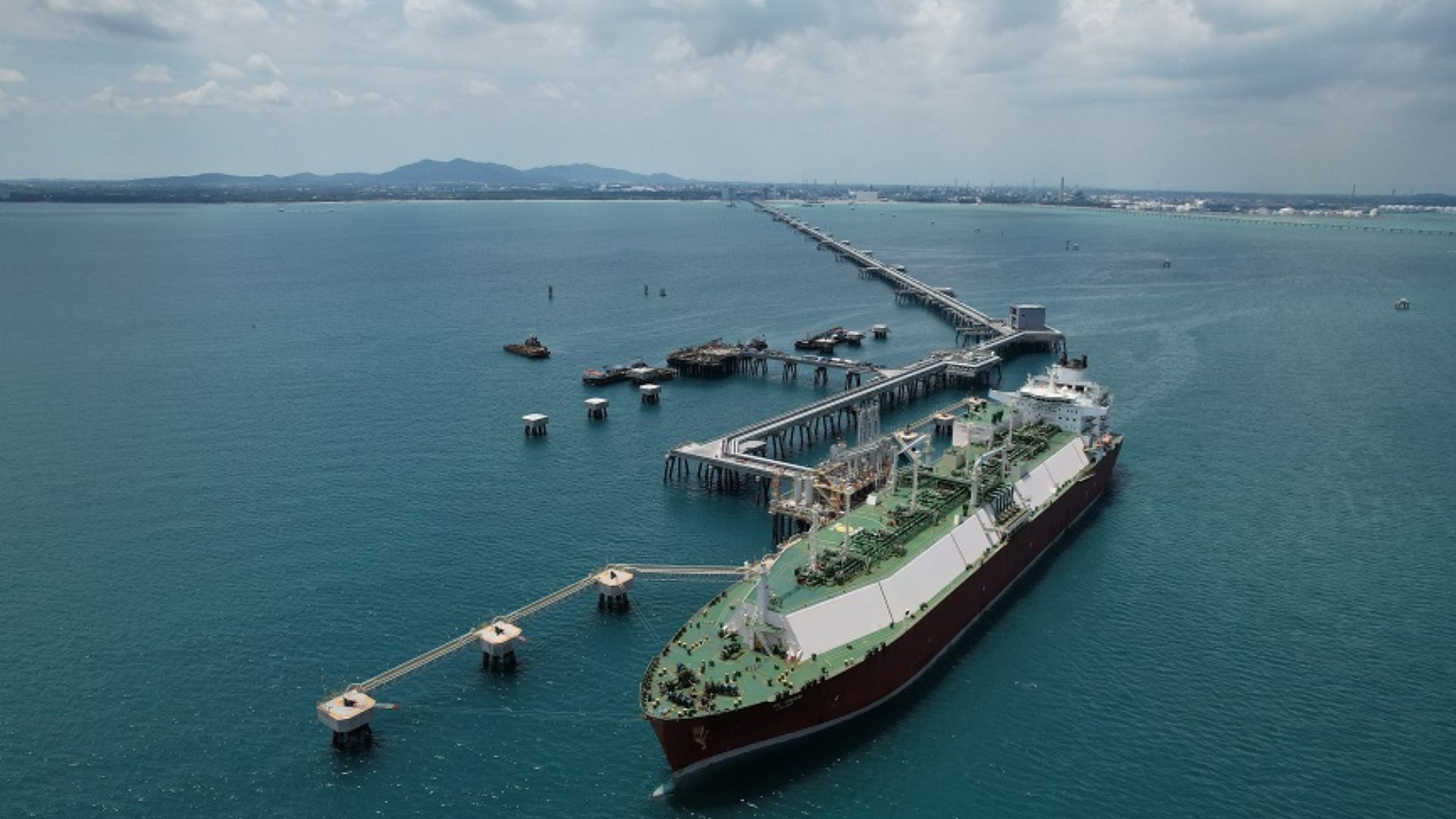Qatar's Ambitious Expansion Plans: Solidifying its Position as a Global LNG Leader
- Qatar | 24 March 2020

Qatar, with its impressive natural gas reserves accounting for over 14% of the world’s total, holds a unique position in the global supply chain of natural gas and its byproducts, including liquefied petroleum gas (LPG) and condensates. However, due to the country’s geographical location and the complex political dynamics of the region, extensive pipeline projects, such as the proposed Qatar-Turkey pipeline, are not feasible. Consequently, Qatar’s primary option for exporting natural gas is by converting it into liquefied form and transporting it via tanker ships.
The majority of Qatar’s natural gas is exported as liquefied natural gas (LNG), making the country the leading global exporter of LNG products. This achievement would not have been possible without continuous investments in the sector, which included the construction of 14 liquefaction mega trains between 1999 and 2011. Liquefaction trains play a vital role in LNG plants as they purify and compress or refrigerate natural gas, transforming it into a liquid state.
Qatar’s LNG industry continues to expand, with Qatar Petroleum (QP) announcing a major expansion program in 2017, initially consisting of three liquefaction trains. Now, QP is adding a fourth LNG train to its ambitious expansion plans, which will increase the company’s output by over 40% to reach 110 million tons per annum.
The addition of the fourth train will not only solidify Qatar’s dominant position in the global LNG market but also make the production of LNG and condensates more cost-effective. The recent evaluations of the North Dome field suggest even higher reserves of natural gas than previously estimated, further supporting Qatar’s decision to enhance its liquefaction capacity. The economies of scale associated with the increased production will contribute to cost efficiency.
In April 2019, QP initiated a tender for the construction of the four LNG mega trains, inviting reputable international players to bid for the project. The state-owned Qatari company will award an engineering, procurement, and construction (EPC) contract to the winning consortium.
Industry experts believe that QP and the broader Qatari oil and gas industry view this tender as an opportunity to establish partnerships with international players. Currently, three consortiums, comprising a mix of Asian and Western companies, are competing for the contract. The consortiums include prominent companies such as Chiyoda Corporation and JGC Corporation from Japan, Hyundai from South Korea, and European companies like Technip from France and Saipem from Italy, among others.
Some of these companies already have a presence in Qatar and have been providing services to QP and its associated companies. Junji Nagasaka, managing director of Chiyoda Almana, the local subsidiary of Chiyoda in Qatar, highlighted the existing relationship, stating, “Qatargas is one of our primary customers, and QP and its associated companies have many other facilities that we provide services for.”
Assuming all goes according to plan, the contract will be awarded to the winning consortium in 2020, with the mega trains expected to become operational by 2023. However, it is important to note that megaprojects of this magnitude often encounter challenges and deviations from the initial plan, primarily due to market fluctuations, which may require alternative arrangements.
On a positive note, the global LNG market has been robust since the launch of QP’s ambitious infrastructure expansion plan. Forecasts predict strong demand for LNG and condensates in the foreseeable future, particularly from countries like China and the European Union (EU). This favorable market outlook further supports Qatar’s pursuit of expanding its LNG capacity and maintaining its position as a global LNG leader.








